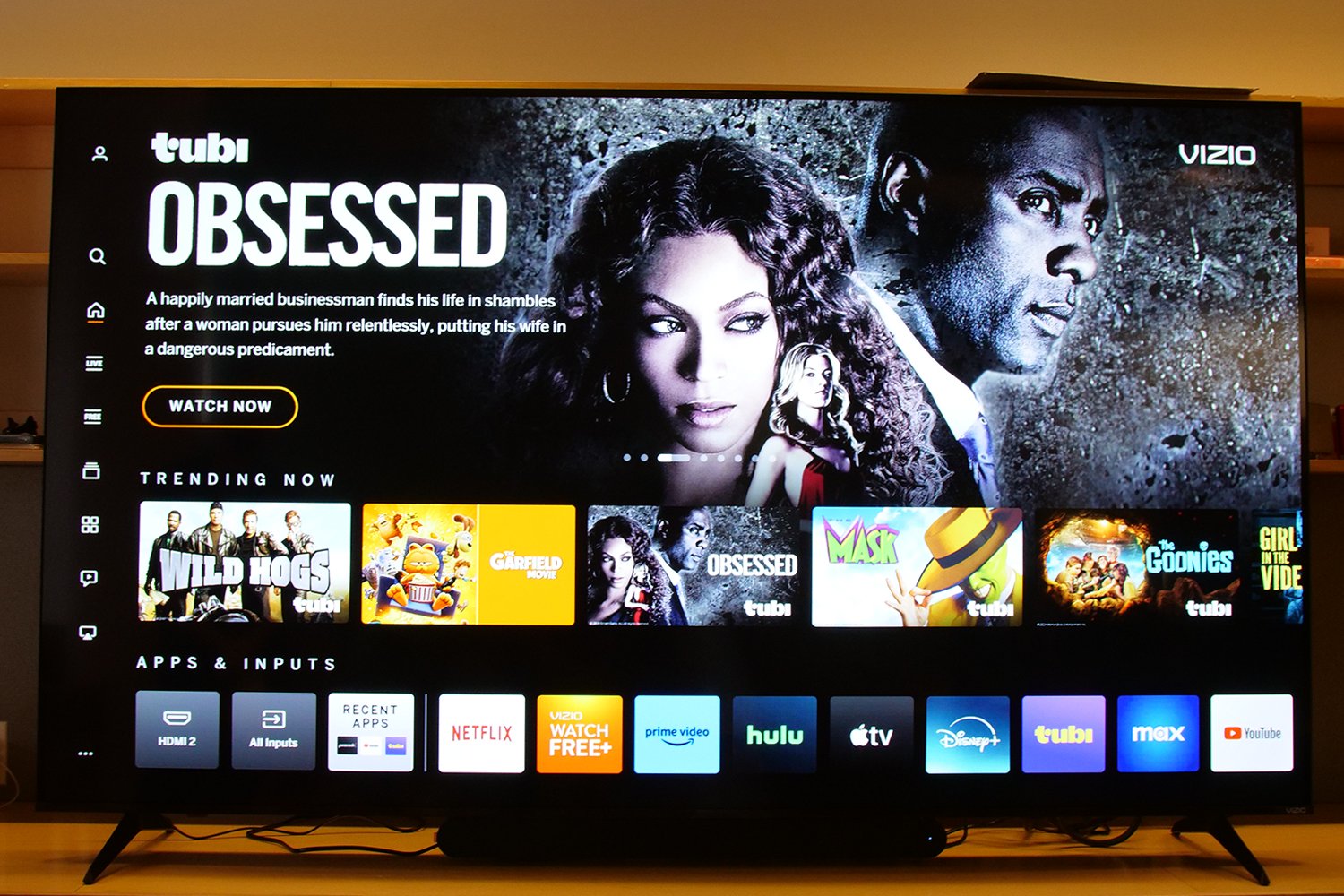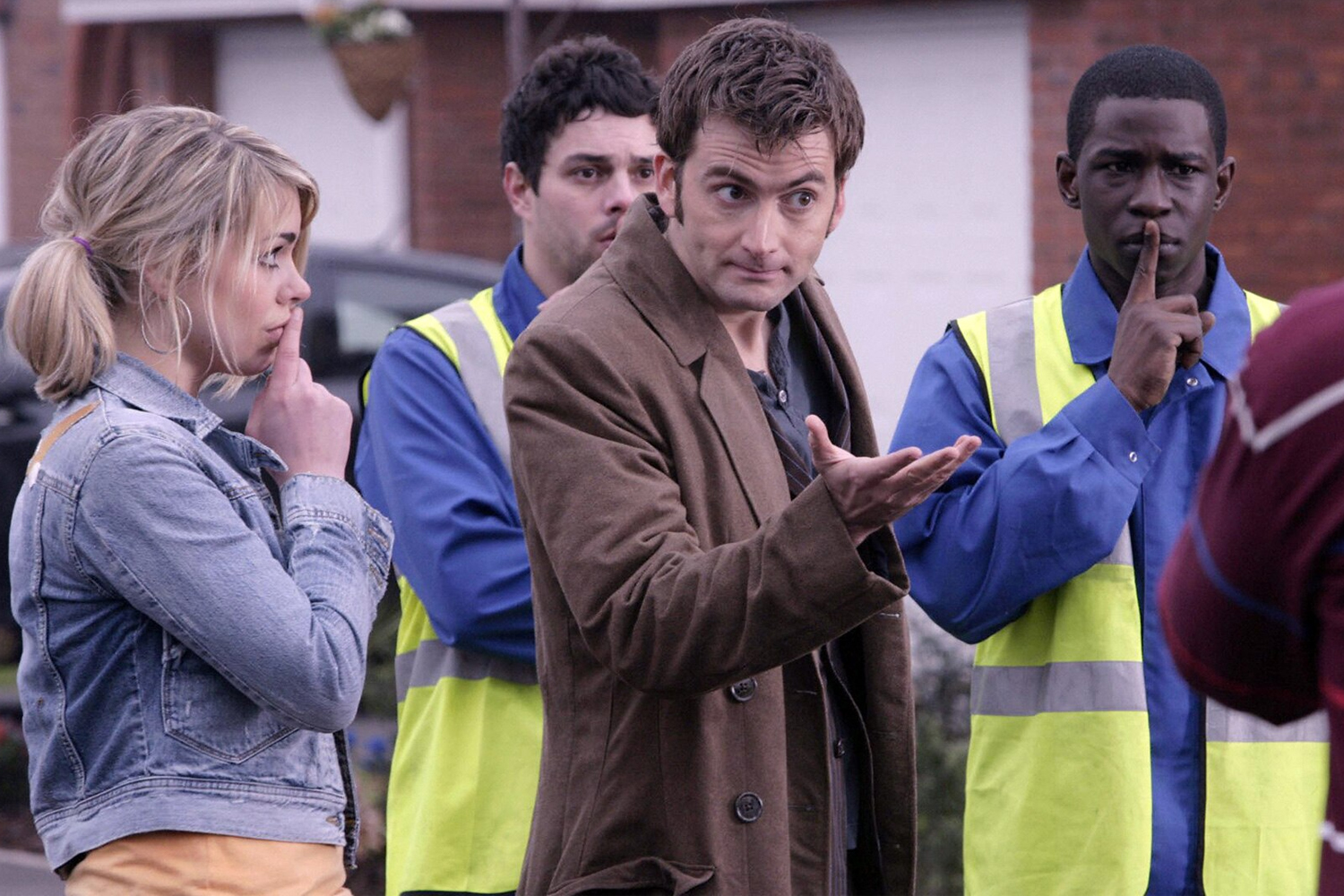Many people prefer the newer Doctor Who series, masterminded by Russell T. Davies and then Steven Moffat, to the “classic” version from the 1960s, 1970s and 1980s. Is that just a matter of taste and production values, or is the newer version more literary and thus more deserving of love?
Writing in the New Yorker, Emily Nussbaum seems to think the newer series is more literary because it’s more focused on relationships:
The original “Who” dwelt on pure sci-fi obsessions, abstract questions of how society is organized and the line between humans and machines. But, as deeply as fans loved the show, its themes were rarely emotional. Instead, it jumped from Aztec civilization to Mars, as much an educational show for children as an adult narrative, with a British-colonialist view of the universe. (So many savages, so little time.) The series’ most striking feature was the Doctor himself: in contrast to “Star Trek” ‘s Kirk-the Kennedyesque leader of a diverse society-the early Doctor Who was an alien iconoclast with two hearts and a universe-wide Eurail Pass. For a certain breed of viewer, this was an intoxicating ideal: the know-it-all whose streak of melancholy-or prickly rage, depending on who was Who-had to be honored, because he actually did know everything. Though that show had its charms, I was surprised, and delighted, to find that the modern “Doctor Who” has a very different emphasis: it’s a show about relationships, in an epic and mythological vein.
(I would quibble with the idea that the original Who had a “British-colonialist view of the universe,” given that Doctor Who was often at its best when it was mocking either colonialism or imperialism.)
In any case, over at Think Progress, Alyssa Rosenberg points out that valuing the new Who for its focus on relationships downplays the literary value of telling stories about, for example, totalitarianism:
It’s worth remembering that emotional complexity and attentiveness to relationships aren’t the only thing that validate science fiction. There’s plenty of value in well-executed silly gadgets and drivebys to distant civilizations. The Daleks may be low-effects “Nazi-ish pepper pots,” but shabby exteriors and crude mechanically can be a vehicle for totalitarianism as well as glitz and glamor. Dropping in on a planet or a time per week can read like a survey of the Empire, but early Star Trek made those encounters melancholy, and strange, and sad (and occasionally silly) from the outset-those visits were less an affirmation of control but a reminder of how much there is out there. It’s not less worthwhile to dream about how we’ll interact with the strangenesses of the future than to ruminate on how we might have interacted with people we already know in the past. The world is changing rapidly, and even outwardly silly thought experiments may yield useful lessons and parallels. How we’d behave under siege may be a question that fluctuates only slightly if the invaders are orcs, or medieval humans, or Nazis, or cybermen. How we define humanity is a question that can be extended and expanded by science fiction in a way that realism or historical fiction may not allow us to access. Execution is one thing, but ambition itself is not inherently laughable or dismissable.













